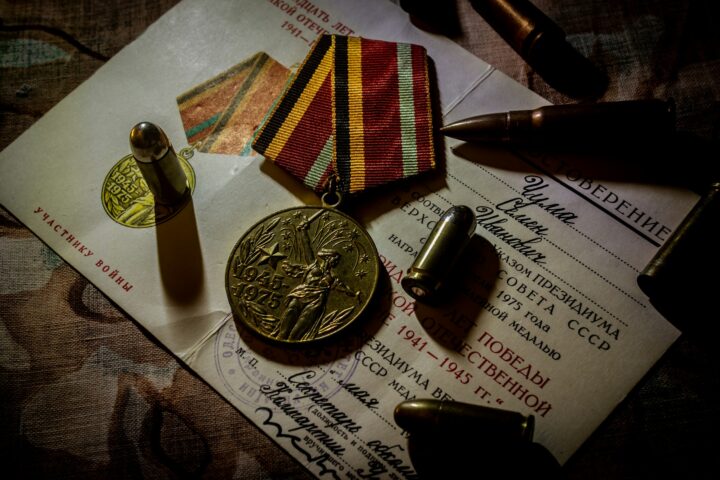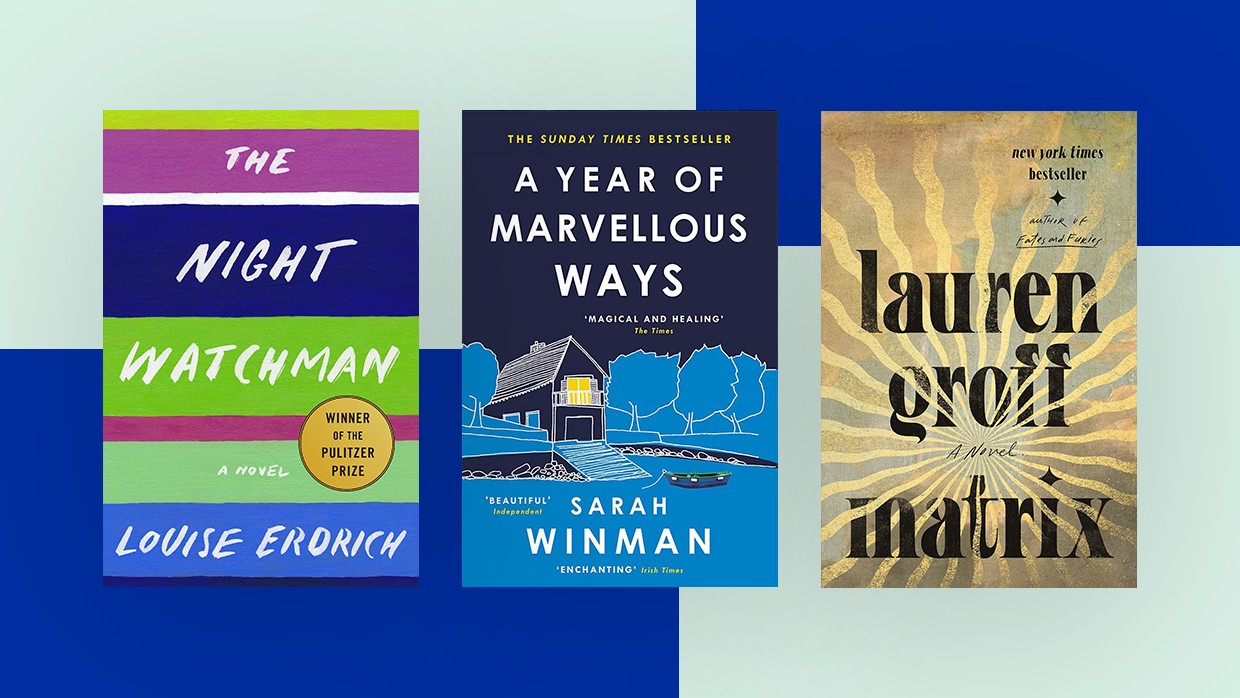The inspiration behind “The Secrets We Kept” goes way back. And I mean way back! I have my parents to thank for naming me after Boris Pasternak’s heroine Lara in “Doctor Zhivago”. My mother had loved the David Lean film adaptation and as a child, knowing nothing about the book or movie, I’d wind up her musical jewelry box again and again to hear it play “Lara’s Theme”.
It wasn’t until I was a teenager—and deep into my new obsession for Tolstoy, Pushkin, Chekhov, and all the Russian greats—that I read “Doctor Zhivago” for the first time. Back then, with Omar Sharif and Julie Christie in my mind’s eye, I was most interested in the tragic love story. On my next reading as a young adult, I was most taken with the beauty of Pasternak’s poetic sentences. On my recent readings, what struck me most are the ways in which Pasternak conveys the importance of free thought.
And in 1950s Soviet Russia, that was a subversive idea. At the time, Boris Pasternak was one of the most famous living Soviet writers. His readings would sell out to packed auditoriums. Fans would stand and shout lines from his poetry, unable to contain their excitement.
“Doctor Zhivago” was to be his first novel—and one the Kremlin knew people would want to read. And when they got word of Zhivago’s themes—as well as its critical depictions of the October Revolution and the Russian Civil War—the Soviet censors banned the book.
“Books allow us to experience others’ lives, visit other time periods, walk the streets of places we’ve never been.”
Meanwhile, in the United States, political leaders were looking for ways to demonstrate American superiority over the East. And what better way, thought the newly-formed CIA, than through art and literature?
To me, there is no greater way to create empathy than storytelling. Books allow us to experience others’ lives, visit other time periods, walk the streets of places we’ve never been. They build connection.
So it’s no surprise that governments—seeking to control how their citizens view and experience the world—have always used words as weapons. Today, tweets, bots, and fake news do the job; but during the Cold War, the Soviets and Americans used books.
I first learned about the “Zhivago” mission in 2014, after my father sent me a Washington Post article about newly declassified documents that shed light on the CIA’s Cold War-era “Books Program.” With my interested piqued, I devoured the incredible true story behind Zhivago’s publication. What I discovered was that the CIA had obtained the banned manuscript, covertly printed it, and smuggled it back into the USSR.
The first CIA memos on Zhivago described the book as “the most heretical literary work by a Soviet author since Stalin’s death,” saying it had “great propaganda value” for its “passive but piercing exposition of the effect of the Soviet system on the life of a sensitive, intelligent citizen.”
And it was seeing the actual memos and so many other declassified documents like them—with all their blacked-out and redacted names and details—that first inspired me to fill in the blanks with fiction.
The first voice that came to me was that of a group of fictionalized CIA typists working in the Agency’s Soviet Russia division.
Years before pursuing my dream to become a novelist, I’d had a successful career as a political consultant, living and working in D.C. I knew what my own experience in that world had been like—marked by sexism and inappropriate behavior, surrounded by powerful men with big egos—and I imagined what it must have been like for these women in the 1950s, long before women’s liberation, more than half a century before #MeToo.
With that background, as I began writing, I imagined all the idealistic Ivy League men at the CIA working on the mission—and behind them, the women in the typing pool. The typing pool became a kind of Greek Chorus to drive the book’s narrative. And who else could be a better narrator? After all, these women typed the secrets of the secret keepers.
But as I dove deeper into my writing, I realized I was missing half the story.
I subscribe to the thought: “Read a hundred books, write one”—which was certainly part of my process. I pored over book after book about the Cold War, propaganda, CIA history, Russian history, and more.
Then, one book in particular caught my attention. “A Captive of Time” is the autobiography of Olga Ivinskaya, Boris Pasternak’s mistress and muse for his character Lara—my namesake. Ivinskaya also played a pivotal role in Pasternak’s writing process, and in helping bring Zhivago to the world. In fact, she was twice sentenced to hard labor in the Gulag for her involvement with him.
To me, Olga is so much more than a muse, and after reading her story, I knew that I couldn’t just tell my novel through the women in the West; there had to be an Eastern thread as well—told through Olga’s lens.
I also wanted to give a voice to the long-forgotten women spies of the early CIA—women to whom monuments should be built to mark their courage and contributions.
During WWII, women had served as intelligence officers in the OSS. But after the war, those same women were stuck behind desks at the CIA. In my novel, the characters Sally and Irina were very much inspired by real spies like Elizabeth “Betty” McIntosh and Virginia Hall.
While most eyes gravitate toward the famous men in the spotlight, I’ve always been more intrigued by the women in the background. “The Secrets We Kept” is a vehicle to give these women a voice once more.



